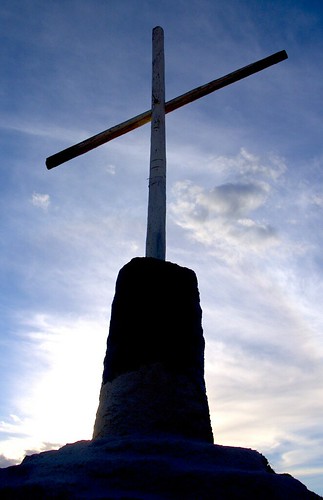 Baptist minister and sociologist Tony Campolo was arguably the first to send shock waves through the ranks of the religious right two decades ago when he responded to a question about his political leaning—Democrat or Republican? His reply: “It depends on the issue.”
Baptist minister and sociologist Tony Campolo was arguably the first to send shock waves through the ranks of the religious right two decades ago when he responded to a question about his political leaning—Democrat or Republican? His reply: “It depends on the issue.”
Fundamentalists scorned him, calling him an apostate, but his assertion gave a new generation of evangelicals permission to scrutinize political platforms and move to the middle. The middle seemed to make more sense to younger followers of Jesus who were hearing and heeding calls to humanitarian causes at home and abroad.
Today, the majority of white evangelicals are still on the right, and the bulk of black evangelicals are still on the left. Leaders on both sides are doing their best to hold them there with dire warnings about the spiritual and social consequences of compromised ideology. In the middle, however, are a growing number of new evangelicals—people of all races who have sold their political birthrights and have become activists who address issues Jesus regularly raised.
But being in the middle can be problematic.
New evangelicals in the middle have had to accept isolation. In the middle, there is no “Hooray for our side.” Middle is not a side. (But maybe it will become one someday.)
The right is sure that those in the middle have “lost their salvation.” Followers of the fundamentals do not move toward a side that choses choice over life. The left is sure that those in the middle have allowed blind orthodoxy to recalibrate their compassion compass. Social justice champions do not forsake the hopes and dreams of the poor and powerless.
They ask the new evangelicals, “How do you decide for whom you will vote?”
Imagine a balance scale. Ideals are purified by Scripture and turned into principles. Depending on which side is advocating what position, the cradles are loaded with the precepts that matter most. In the end, the heaver side gets the vote. It’s not a party selection but a referendum based on principles.
People on the sides seem to forget that although Jesus was radical, he wasn’t a liberal; neither was he a conservative. What was he? Simply put, he was about his father’s business. A clear understanding of that business seems to drive more and more people toward the middle these days. And that migration is a riddle that the right and the left have yet to figure out.












